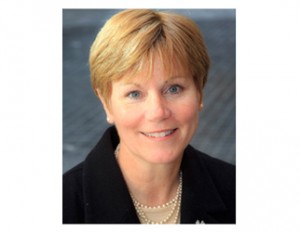Avoid the retirement drift
Blogger and expert in the fields of aging and personal finance, Lee Ann Davies warns against a moving target retirement date.
Advertisement
Blogger and expert in the fields of aging and personal finance, Lee Ann Davies warns against a moving target retirement date.
 Have you adjusted your thinking and “75 is the new retirement?” A lot of people I’m hearing from these days think their retirement will be starting much later than they anticipated. Sure, freedom 55 is passé but more and more it seems that freedom 65 is unachievable too. We keep pushing out the socially acceptable retirement date. I suppose this approach takes some of the pressure off us to be prepared for our no-longer-imminent retirement. However, without an approaching deadline we humans tend to be less motivated to achieve our goals.
By adjusting our thinking about the timing of retirement to a later date, we remove the urgency to take action. Preparations for retirement such as working on decreasing expenses, reducing the use of credit and rethinking our investment style for the fixed income years will be delayed. This means that if retirement sneaks up on us even at the traditional age of 65, we may be caught unprepared. The risks of the ‘drifting’ retirement age include:
Have you adjusted your thinking and “75 is the new retirement?” A lot of people I’m hearing from these days think their retirement will be starting much later than they anticipated. Sure, freedom 55 is passé but more and more it seems that freedom 65 is unachievable too. We keep pushing out the socially acceptable retirement date. I suppose this approach takes some of the pressure off us to be prepared for our no-longer-imminent retirement. However, without an approaching deadline we humans tend to be less motivated to achieve our goals.
By adjusting our thinking about the timing of retirement to a later date, we remove the urgency to take action. Preparations for retirement such as working on decreasing expenses, reducing the use of credit and rethinking our investment style for the fixed income years will be delayed. This means that if retirement sneaks up on us even at the traditional age of 65, we may be caught unprepared. The risks of the ‘drifting’ retirement age include:
Share this article Share on Facebook Share on Twitter Share on Linkedin Share on Reddit Share on Email